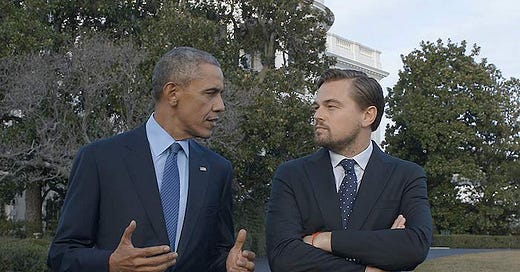Climate change — the ruination of a habitable Earth — is the great equalizer and unstoppable force that should be on the forefront of all of our minds, especially those that belong to people in positions of political, economic, and commercial power. Yet, the collective human conscious chooses to ignore the warning signs. It has yet to affect our day-to-…
Keep reading with a 7-day free trial
Subscribe to Nonfics to keep reading this post and get 7 days of free access to the full post archives.


